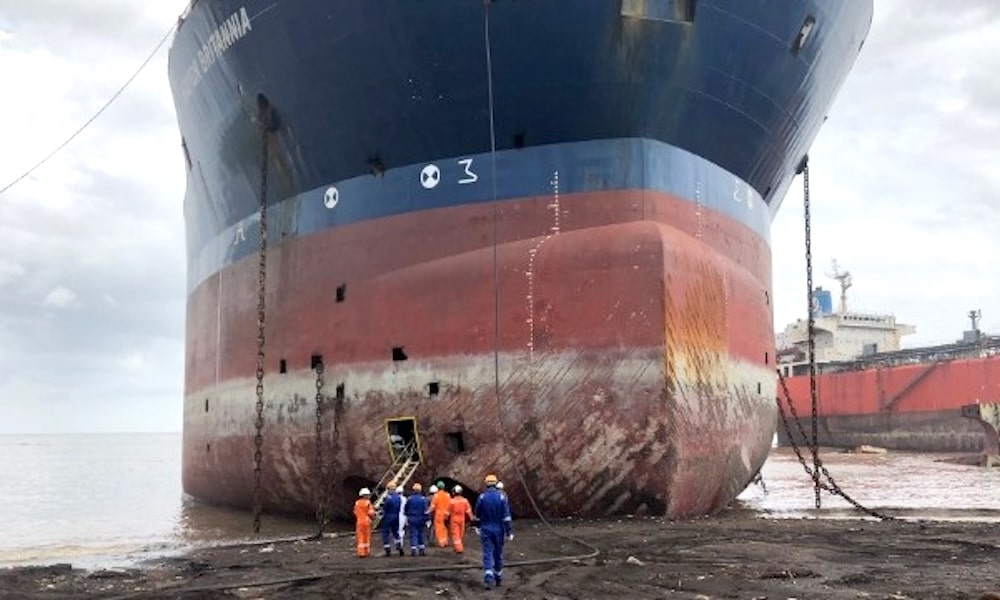Global ship recycling landmark arrives with patchy compliance across South Asia
Hong Kong Ship Recycling Convention Takes Effect Amid Compliance Gaps

After 16 years of development, the Hong Kong International Convention for the Safe and Environmentally Sound Recycling of Ships officially came into force today. However, many ship recycling yards in Bangladesh and Pakistan, two key players in the industry, remain non-compliant with the new international regulations. The convention, which aims to mitigate environmental and safety risks in ship recycling, is seen as a significant step towards promoting sustainable practices globally.
Compliance Challenges in Key Recycling Nations
The Hong Kong Convention was first adopted in May 2009 and addresses critical issues related to environmental protection and occupational health in ship recycling. Despite its long-awaited implementation, compliance remains a pressing concern. According to recent data from BIMCO, India is leading the way with 110 yards meeting the new standards. In contrast, Bangladesh has only 10 compliant yards, with the number expected to rise to 14 soon. Turkey has 11 compliant yards, while Pakistan currently has none.
In response to the compliance challenges, Pakistan’s federal minister for maritime affairs, Muhammad Junaid Anwar Chaudhry, announced the approval of Rs12 billion (approximately $43 million) in funding to upgrade the Gadani shipbreaking area. This investment aims to align Pakistan’s facilities with the new regulations and improve safety and environmental standards in the ship recycling sector.
Philip Roche, global co-head of Shipping at Norton Rose Fulbright, described the convention’s entry into force as a “major milestone.” However, he cautioned that the regulatory landscape remains fragmented. Roche noted that the convention’s effectiveness is limited by its lack of alignment with the Basel Convention and EU regulations, which complicates access to certified recycling yards in South Asia. Shipowners now face a complex array of overlapping obligations as they navigate these regulatory challenges.
Global Recycling Trends and Future Outlook
Recent data from Clarksons Research indicates a notable uptick in global ship recycling activity. As of 2025, approximately 4.9 million deadweight tons (dwt) have been reported sold for recycling, marking a 12% increase compared to the previous year. However, this figure remains 57% below the 10-year average, highlighting ongoing challenges in the industry. Notably, the recycling of containerships has plummeted, down 95% from the 10-year average, while gas carrier demolitions have surged, increasing by 106% year-on-year. This rise is largely attributed to the disposal of steam turbine LNG carriers amid a challenging earnings environment.
The implementation of the Hong Kong Convention represents a pivotal moment for the ship recycling industry. As countries work towards compliance, the focus will be on ensuring that safety and environmental standards are met to protect both human health and the planet.
